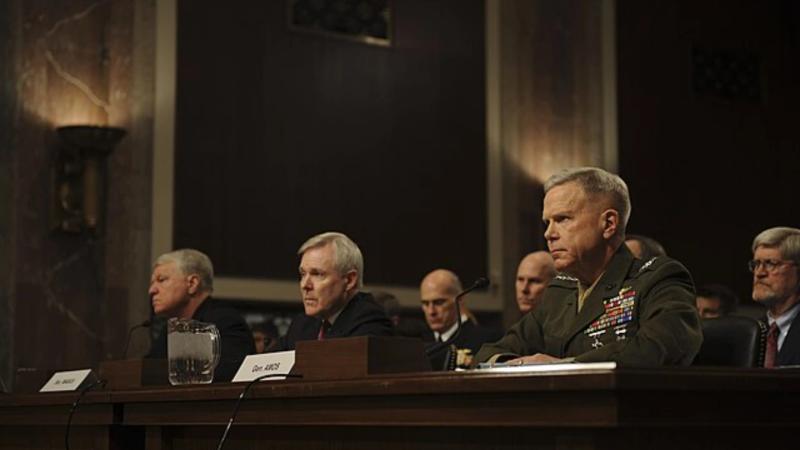PENTAGON WILL REVIEW HEGSETH'S USE OF THE SIGNAL APP TO DISCUSS HOUTHI PLANS

The inspector general of the Department of Defense is now launching an investigation into Pete Hegseth's use of the Signal app to discuss classified and sensitive information about military operations in Yemen. The investigation follows a bipartisan request from the Senate armed services committee after allegations arose that classified intelligence information about US airstrikes in Yemen had been shared in a Signal group chat. Keep reading to learn more about the app, and the new investigation.

What Is the Signal App?
Signal is a free, open-source messaging app that provides a great deal of privacy for users due to its end-to-end encryption for messages, voice calls, and video chats. Unlike traditional messaging apps, not even Signal itself can access your conversations.
For these reasons and more, Signal has become a go-to platform for activists, journalists, and even government officials looking to keep their communications confidential.
Protesters use the app to organize and securely share information; extremist groups have even migrated for the same reasons, but unfortunately, not with a positive intent.
However, Signal made real headlines when senior officials in the U.S. were caught discussing military operations that may have been classified, which leaked to the American public.
While Signal remains one of the safest messaging options available, just like any tool, it’s only as secure as the people using it.
Security Features and Risks
Because Signal offers end-to-end encryption and open-source design, and the fact that the app itself can’t even access your messages, it’s seen as a very safe platform for messaging.
Unlike WhatsApp, Signal doesn’t collect metadata, so only you know who you’re talking to and when you’re communicating.
Many cybersecurity experts say intercepting Signal messages is nearly impossible, making it a top choice for privacy-conscious users, but that doesn’t mean it’s impossible.
Both Signal and WhatsApp use key transparency to verify contacts, but many users skip this extra security step.
This oversight is one of the reasons U.S. officials accidentally exposed possibly classified discussions with The Atlantic’s editor-in-chief.
The app may be good for securely messaging your friends or a group you’re involved in, but when it comes to national security or war plans, other options are likely a better fit.
From spyware risks to accidentally adding the wrong users, Signal has its flaws, and sensitive government matters are best left to secure intelligence networks and special facilities (SCIFs).

The DoD Inspector General is Launching an Investigation
The Senate Armed Services Committee is calling for an investigation involving the Signal app mishap by several top-level Trump administration officials.
Information involving sensitive military strikes was on full public display, and now bipartisan politicians are looking to get to the bottom of things.
While the White House claims it's being transparent, lawmakers are demanding further investigation, as there are concerns about national security.
In addition to looking at Hegseth's use of the Signal app, the investigation will also look into how other officials used the app, which doesn't have the capacity to handle the dissemination of classified documents, as it is not part of the Defense Department's secure communications network.
What Is the Investigation's Objective?
Investigators will review compliance with classification and records retention requirements. The investigation will be done to, "determine the extent to which the Secretary of Defense and other DoD personnel complied with procedures for the use of commercial messaging application for official business."
Additionally, the acting inspector general will be "reviiwng compiance with classification and records retention requirements." By law, Hegseth and other officials are required to archive their official conversations, and copies of the discussions were forwarded to an official email so that they could be permanently captured for federal records keeping.
The inspector general's evaluation will be conducted in Washington at the US Central Command headquarters in Tampa, Florida.
Suggested reads:



